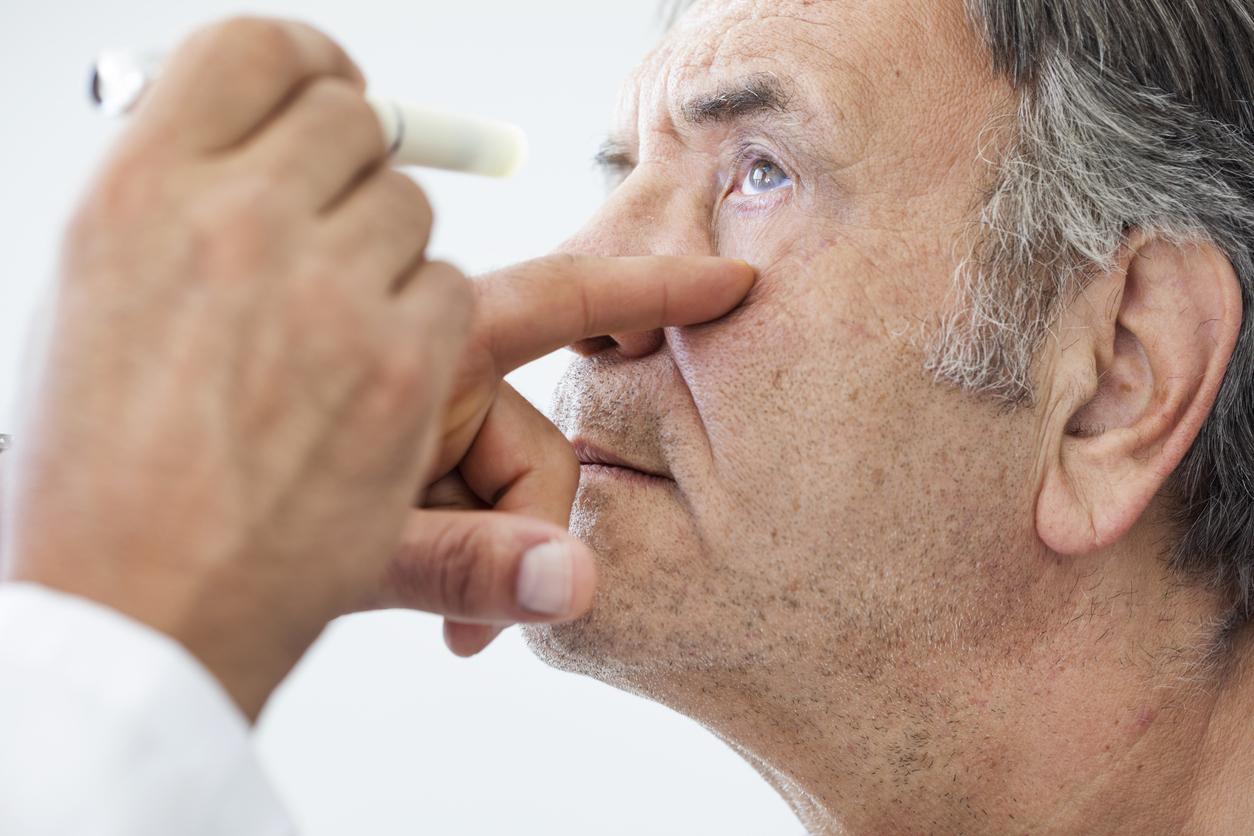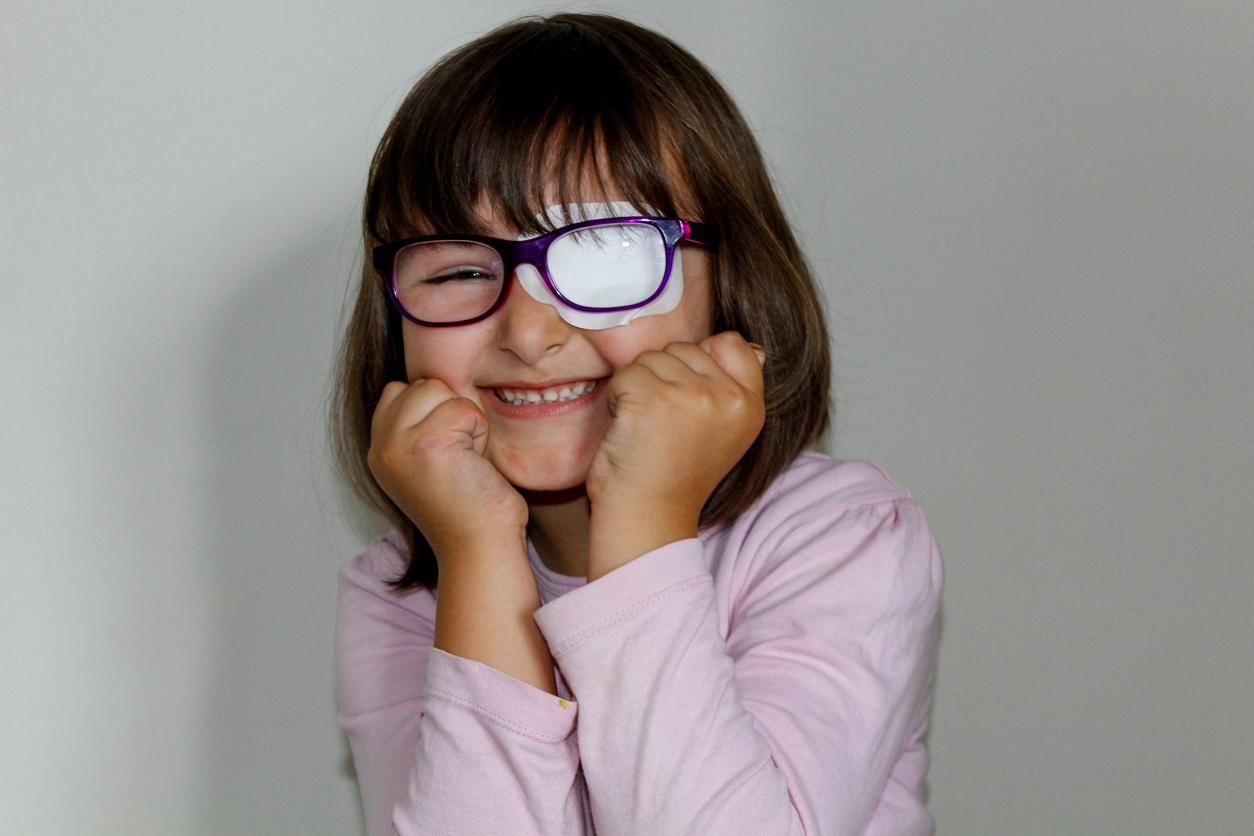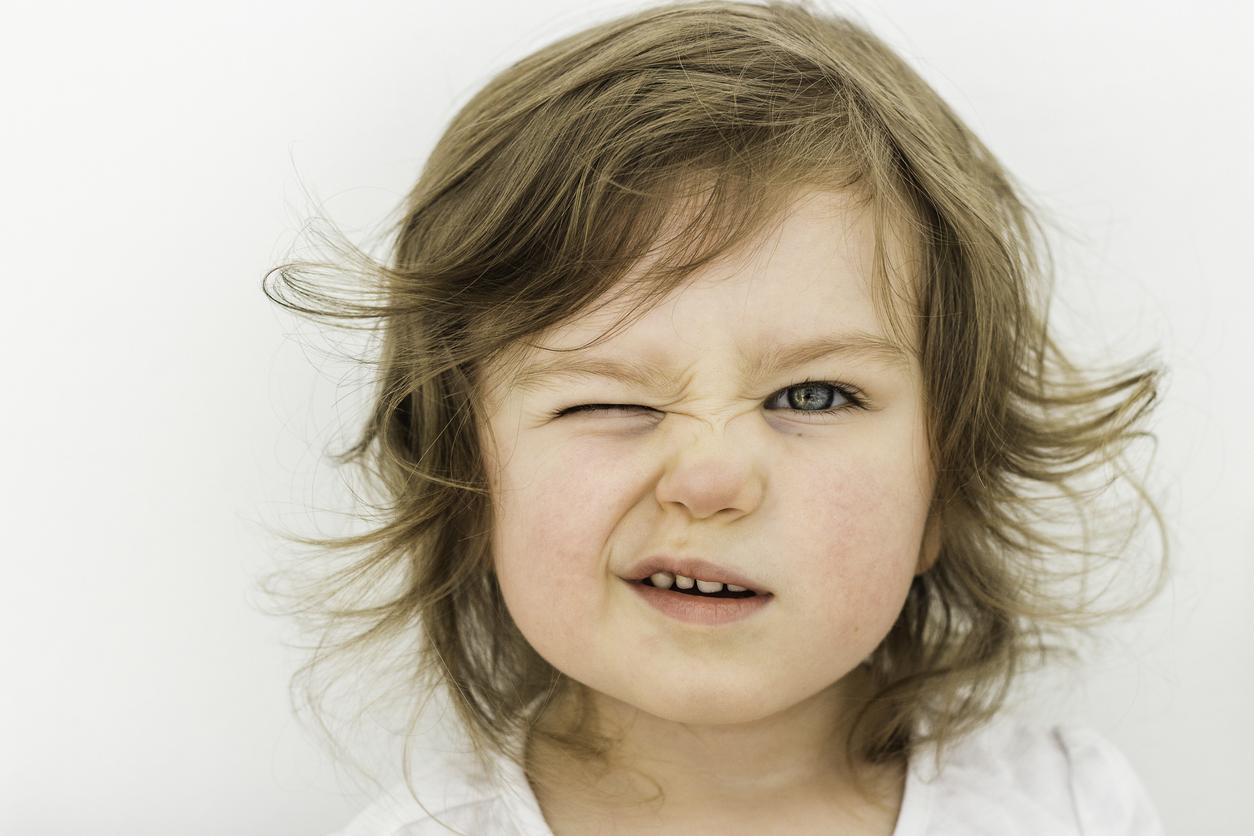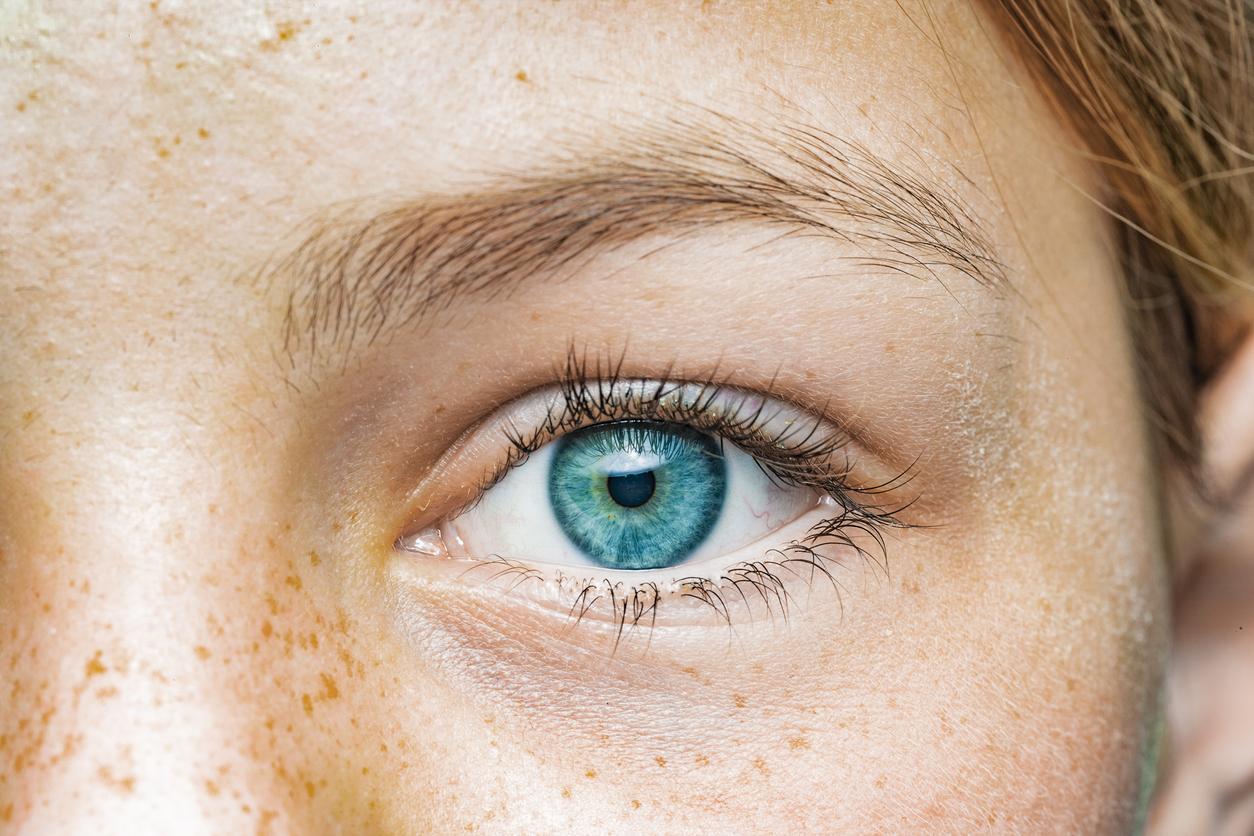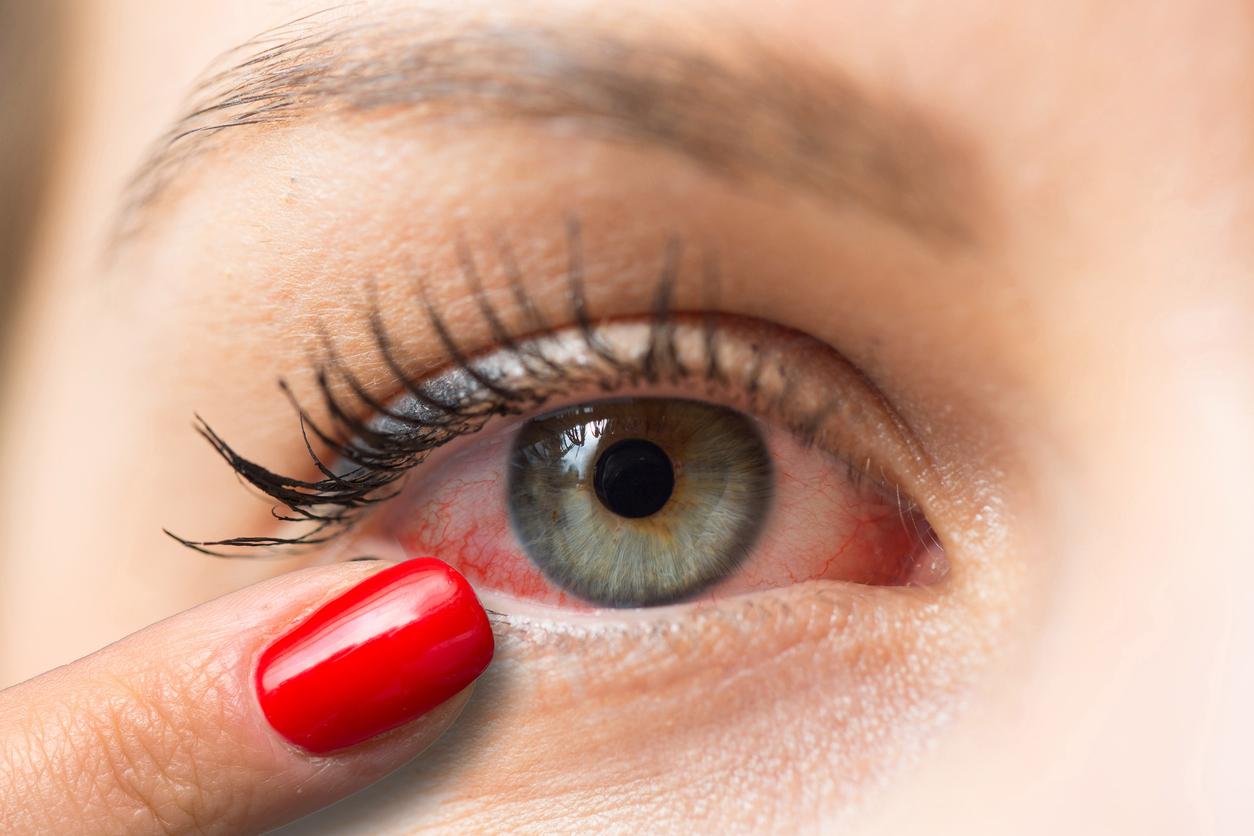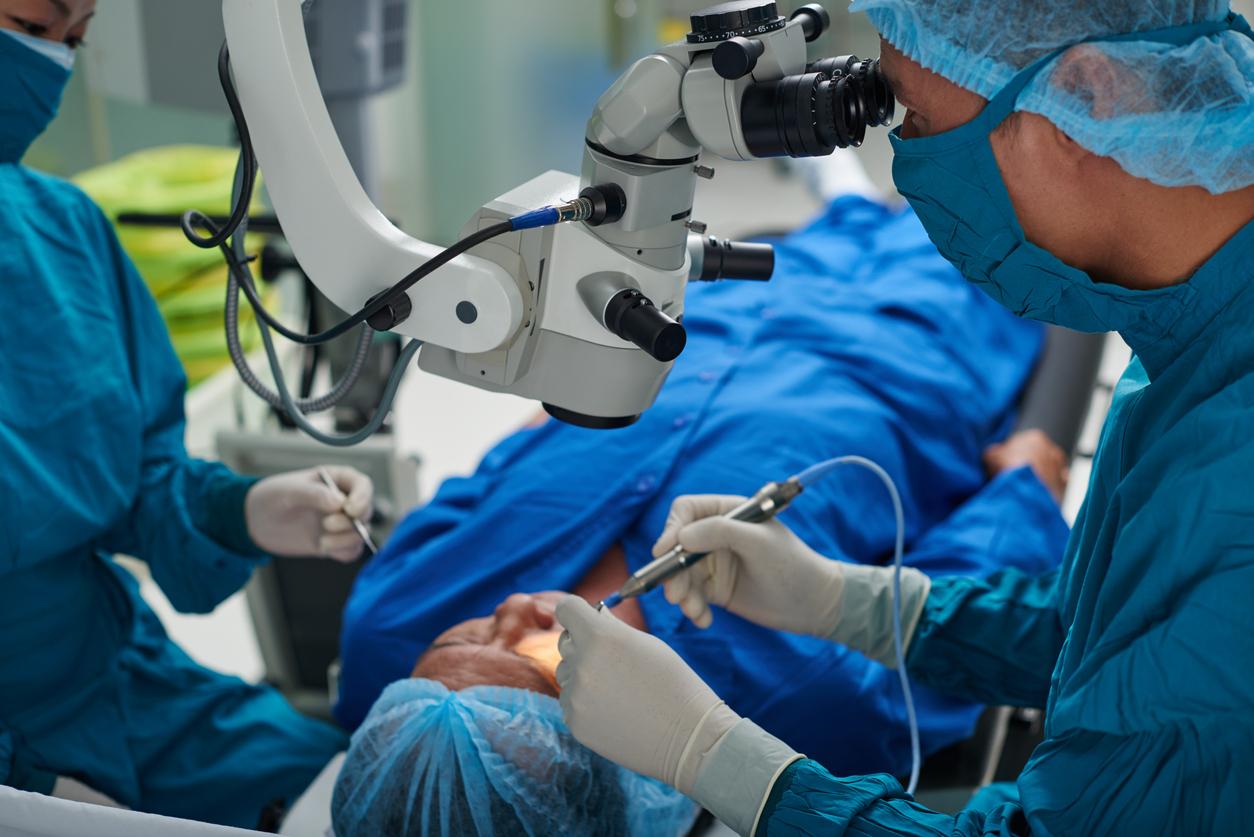Wearing glasses to protect your eyes, or rather your crystalline lens, this simple precaution helps to avoid pseudo-exfoliative syndrome, a disease that develops with age.
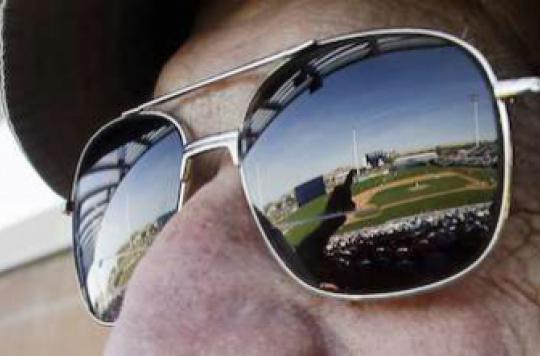
Sunglasses can save your eyesight. A study published on September 4 in the JAMA Ophthalmology shows that spending time outdoors without eye protection increases the risk of pseudo-exfoliative syndrome. This eye disease can degenerate into exfoliative glaucoma, but also into cataracts, the operation of which can lead to complications.
Latitude and duration of exposure
Very little is still known about pseudo-exfoliative syndrome. We speak of pseudo-exfoliative syndrome because of the clinical aspect of the disease. The lens gives the impression that it exfoliates, or peels, in layers. Studies have recently shown that a mutation in the LOXL1 gene is present in 99% of cases. But in control subjects, 80% are also carriers of this variant.
Other research has suggested the role of place of residence, and duration of sun exposure. The first parameter is confirmed by statistics: 3 to 6% of Indians develop a pseudo-exfoliative syndrome. The country is located at 12 ° latitude. In contrast, 23% of Swedes suffer from the same disease, and the state stands at 62 ° latitude. To verify this, a study was conducted with people over 60 years of age in the United States (118 cases and 106 controls) and Israel (67 cases and 72 controls).
The importance of glasses
With each degree of distance from the equator, the risk of pseudo-exfoliative syndrome climbs by 11%. Researchers have also analyzed the role of sun exposure over a lifetime. If a person is exposed for one hour each summer, without protective glasses, the risk increases by 4%, and changes in the same proportion for each additional hour. The researchers also noted that living near a body of water or a snow-covered area increases the likelihood of developing the syndrome.
On the other hand, the higher the proportion of time spent outdoors with glasses, the more the probability of developing a pseudo-exfoliative syndrome decreases. For every 1% of the exposure time between 10 and 16 hours with protection, the risk is reduced by 2%. Wide-brimmed hats are unnecessary.
These results “suggest that eye exposure to light from reflective surfaces could be an important type of exposure in the etiology of pseudo-exfoliative syndrome,” concludes Dr. Louis Pasquale, lead author of the study. If they are confirmed, believes the researcher, it is an additional argument in favor of wearing sunglasses in summer.
.









